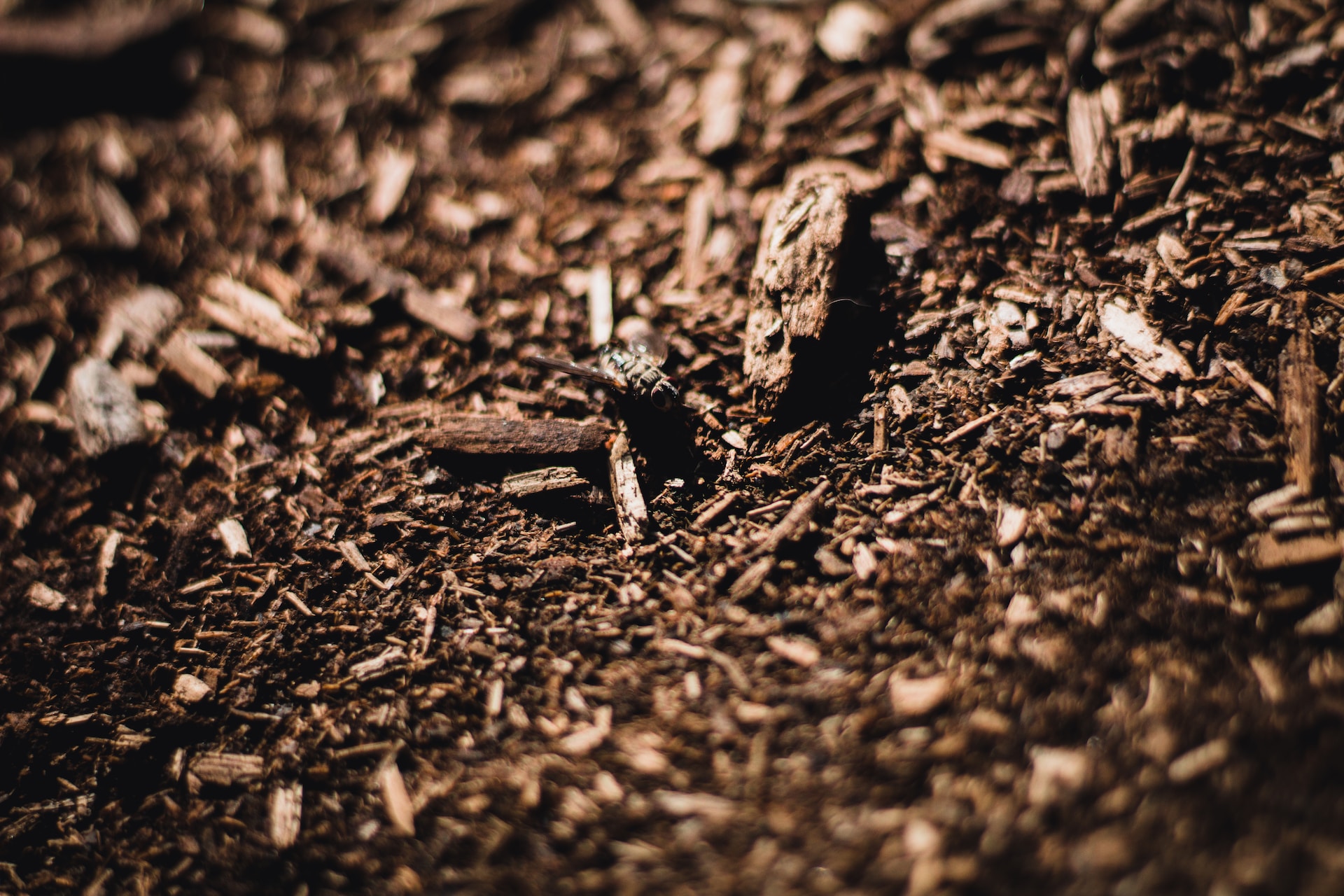Catalytic production of green esters from biomass feedstock in a biorefinery context

It is of utmost importance that we become a fossil free sustainable society and an important part is to valorize biomass. Biomass consist of lignin, cellulose and hemicellulose and it is important to utilize them in the most efficient way. The lignin could be used to produce bio-fuels and the cellulose with advantage for green chemical production.
The aim in this project is to produce esters from cellulose. Esters are used for producing e.g. plastics, lubricants, paints and surfactants such as soap and detergents. We will develop energy efficient catalytic processes for cellulose valorization that can operate at low temperature, with high selectivity using heterogeneous catalysts, which reduces the energy need for heating and separation. In order to reach these goals we will develop novel catalysts. The produced esters will be examined in application tests and detailed sustainability and techno-economic analysis will be made to facilitate a possible future industrial up-scaling.

Louise Olsson
Chalmers University of Technology

louise.olsson@chalmers.se
Project information
Participants
Chalmers
Perstorp Specialty Chemicals AB
Schedule
January 2022 – December 2025
Total project cost
8 510 000 SEK
The Swedish Energy Agency's project number
2021-00082
More projects

SusTainAble biobased fuRan platform for the low carbon industry – STAR
Meeting Swedens’s climate target of net zero greenhouse gas emissions by 2045, requires an urgent transition from fossil to biobased economy wherein…
Manager: Rajni Hatti-Kaul
Ongoing

Fossil-free multicopter for heavy lifting
In recent years, drones have become popular and are beeing used in various applications in society. However, there is a lack of…
Manager: Mikael Hult
Ongoing

Navigating synergies and tradeoffs towards future forest-based solutions
The Swedish forest sector faces demands for increased carbon storage in the forest and changed management methods that result in reduced production,…
Manager: Göran Berndes
Ongoing


